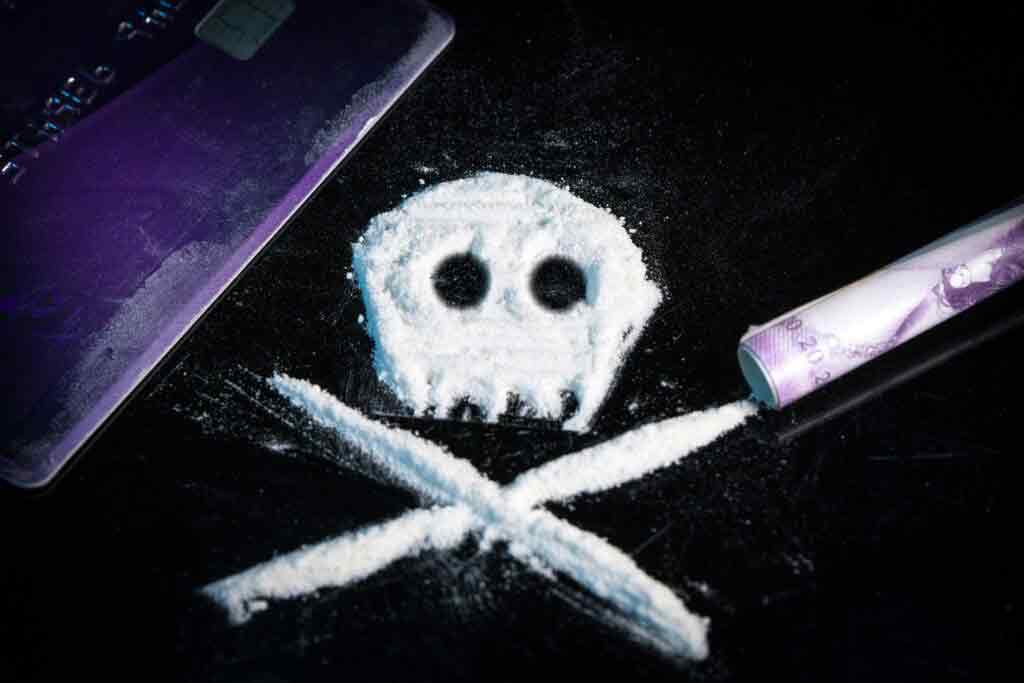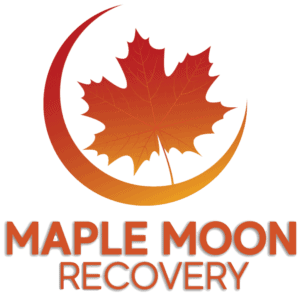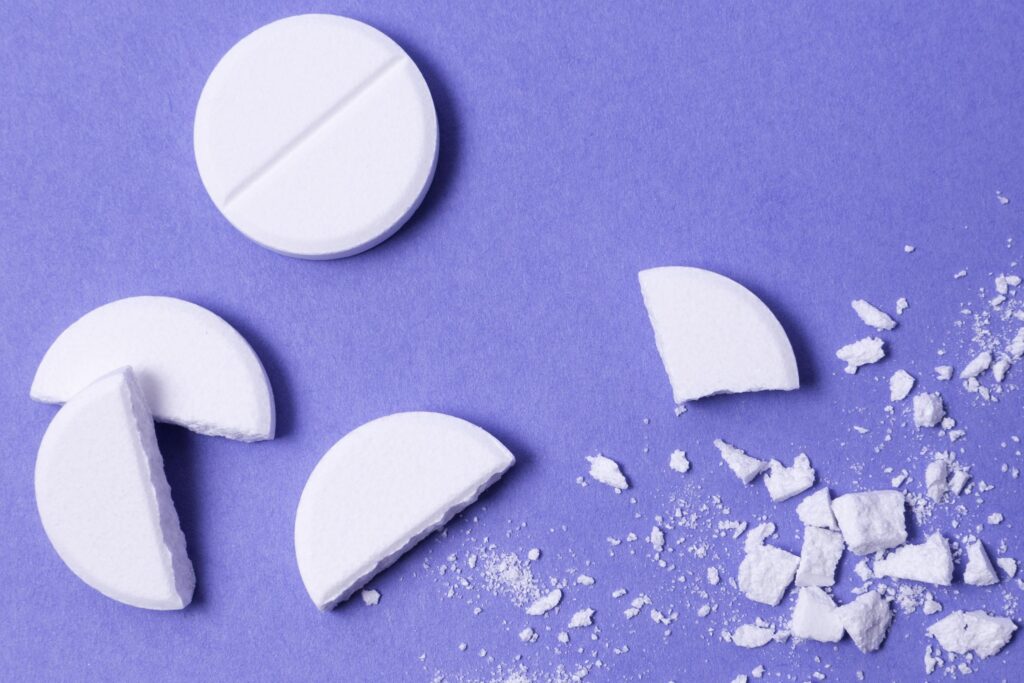Can Cocaine Kill You?

What is Cocaine:
Cocaine, a powerful and illegal stimulant, poses serious health risks that can be fatal even after a single use. While often associated with short bursts of energy and euphoria, cocaine’s impact on the heart, brain, and other organs can lead to deadly consequences. This article explores whether cocaine can kill, the mechanisms behind its dangers, and additional risks such as ingestion.
Key Statistics at a Glance:
- Overdose Deaths: In 2021, cocaine was involved in nearly 24,000 overdose deaths in the U.S.
- ER Visits: Over 505,000 emergency room visits in the U.S. annually are related to cocaine use.
- Polysubstance Deaths: 74% of cocaine-involved deaths also involved opioids.
- Cardiac Risk: Cocaine users are 23 times more likely to experience a heart attack within the first hour of use.
For individuals struggling with substance use, Maple Moon Recovery offers inpatient rehabilitation programs designed to help break the cycle of addiction and restore health.
What Happens if You Eat Cocaine?
Eating cocaine is less common than snorting, smoking, or injecting, but it still carries severe risks. When ingested, cocaine passes through the digestive system where it is absorbed more slowly than other methods, but this does not reduce its dangers.
What Happens Physically?
- Delayed Onset: Effects can take 30 to 60 minutes to appear, compared to the near-instantaneous effects of snorting or injecting.
- Longer Duration: The high may last 2 to 3 hours, but the body’s metabolism prolongs the cardiovascular strain.
- Increased Toxicity: Ingested cocaine can convert into cocaethylene when combined with alcohol, which is 20 times more toxic to the heart and liver.
- Digestive Damage: High doses can lead to intestinal rupture, severe nausea, and bleeding.
Fatal Risks of Ingestion:
- Overdose Potential: Eating large amounts of cocaine overwhelms the liver, leading to toxicity and overdose.
- Seizures and Cardiac Arrest: Cocaine’s stimulant properties can trigger fatal seizures or sudden heart failure.
Can Cocaine Kill You Directly?
Yes. Cocaine can kill through multiple pathways, even in small doses. The most common causes of fatality include:
- Heart Attack or Stroke: Cocaine constricts blood vessels, raises heart rate, and increases blood pressure. This combination can lead to myocardial infarction (heart attack) or stroke.
- Respiratory Failure: Cocaine can impair breathing by affecting the brain stem, potentially leading to respiratory arrest.
- Overdose: High doses of cocaine can overwhelm the body, causing hyperthermia, irregular heartbeat, and seizures.
- Accidents and Trauma: Cocaine can impair judgment, increasing the likelihood of risky behavior or accidents.
How Much Cocaine Is Lethal?
There is no universally safe dose of cocaine. However, research suggests that as little as 1.2 grams can be lethal for some individuals, while chronic users may develop a tolerance. Fatal doses vary based on:
- Body Weight and Health
- Polysubstance Use (mixing with alcohol or opioids)
- Purity and Potency of the Cocaine
- Method of Consumption
Cocaine Overdose Symptoms
Recognizing overdose symptoms is crucial in preventing fatalities. Signs of cocaine overdose include:
- Severe chest pain
- Irregular or rapid heartbeat
- Extreme anxiety or agitation
- Tremors or seizures
- High body temperature (hyperthermia)
- Loss of consciousness
Immediate medical attention is necessary. Overdoses can escalate quickly, leading to permanent damage or death.
Long-Term Risks of Cocaine Use
Even if cocaine use does not immediately result in death, long-term consumption carries significant risks:
- Cardiovascular Damage: Chronic use can lead to enlarged heart, blood clots, and arrhythmias.
- Neurological Impact: Increased risk of stroke, memory impairment, and cognitive decline.
- Psychological Effects: Depression, anxiety, paranoia, and psychosis.
- Organ Failure: Liver and kidney damage due to the toxic buildup of cocaine byproducts.
Cocaine and Polysubstance Use
One of the most dangerous trends is the combination of cocaine with opioids (such as fentanyl). In 2021, nearly three-quarters of cocaine-related deaths involved opioids. This combination suppresses the respiratory system, increasing the risk of overdose.
Can You Survive Cocaine Overdose?
Survival depends on rapid intervention. Administering naloxone (if opioids are involved) and performing CPR can save lives. However, long-term recovery from a cocaine overdose requires comprehensive treatment.
Maple Moon Recovery offers medically supervised detox and inpatient care to ensure patients recover safely from the physical and psychological toll of cocaine use.
Frequently Asked Questions
Can first-time use of cocaine be fatal?
Yes. First-time users can experience heart attacks, strokes, or seizures, especially if the dose is high or mixed with alcohol.
What should you do if someone overdoses on cocaine?
Call 911 immediately. Keep the person calm, monitor their breathing, and administer naloxone if opioids may be involved.
How does Maple Moon Recovery help in cocaine-related treatment?
Maple Moon provides inpatient rehabilitation, focusing on detox, therapy, and long-term wellness, ensuring individuals recover in a supportive environment.
Take the First Step Toward Recovery
Cocaine use can be deadly, but recovery is possible with the right support. If you or a loved one is struggling, Maple Moon Recovery offers inpatient programs designed to guide individuals toward lasting health and sobriety. Reach out today to begin your journey toward healing.
Sources:
🔗Centers for Disease Control and Prevention (CDC) – Cocaine Overdose Deaths
🔗National Institute on Drug Abuse (NIDA) – Cocaine Drug Facts
🔗Substance Abuse and Mental Health Services Administration – Cocaine Use Data
🔗National Library of Medicine – Cocaine Toxicity
🔗American Heart Association – Illegal Drugs and Heart Disease
🩺 Professionally Reviewed by:

Share This Post



